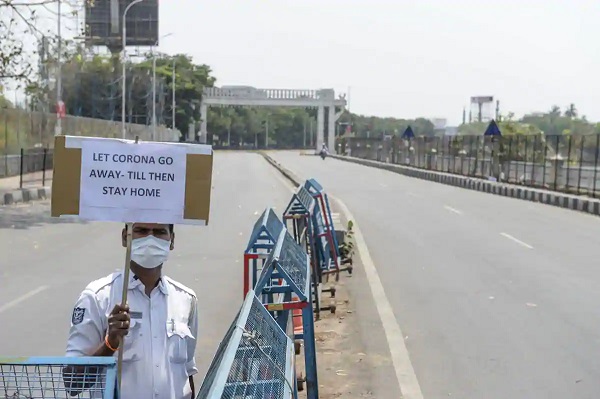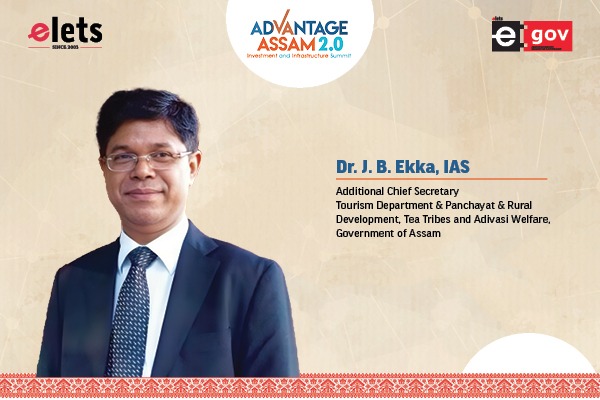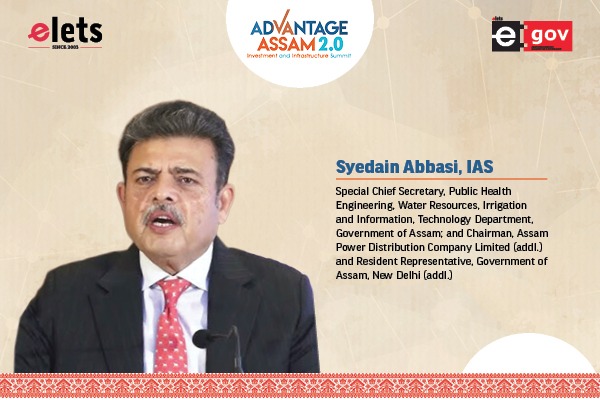
In order to prevent the further spread of the COVID-19, the Government of India has implemented lockdown across the nation. The situation has grown grim not only for humanity but also for various industries as well. One of those is the highway sector which is suffering from two-fold damage write Akshay Purkayastha, Director, CRISIL Infrastructure Advisory and Anshuman Chauhan, Associate Director Transport & Logistics, CRISIL Infrastructure Advisory and highlight the need of the highway sector for a liquidity line to settle dues and protect jobs.
The COVID-19 pandemic has brought economic activity around the world to a grinding halt and pushed it to the brink of a potential recession. And there is no saying how long it will last or how deep its impact will be.

In India, too, the government is still trying to gauge the scale of impact due to the extended national lockdown to contain the spread of infection. However, the direct and immediate impact on certain sectors is all too clear.


Akshay Purkayastha (left), Director, CRISIL Infrastructure Advisory and Anshuman Chauhan (right), Associate Director Transport & Logistics, CRISIL Infrastructure Advisory
In the highways sector, for one, with construction works remaining abandoned in red zones and tolling being suspended for a month till 20th April due to the lockdown, the damage is two-fold – toll revenues and jobs. Over the next few months, government authorities such as the National Highways Authority of India (NHAI) will be counting losses incurred in toll revenue from authority-operated toll plazas, delays in project awards, slowing down of construction in under-construction highways, delays in the rollout of key initiatives such as asset monetisation and losses as claims are filed by developers/ contractors/ toll operators.

Private players expect a significant loss in toll revenue and indirect losses because of the closure of sites, withdrawal of labour and shutdown of machinery. The most severe impact, however, is likely to be on construction workers, who are faced with job losses and do not have the wherewithal and instant alternatives to survive the lockdown period. Unless worksites and projects are restarted soon, the pain will prolong.

The NHAI and other government highway authorities are trying to mitigate the impact on the sector by expediting disbursal of any outstanding payments to private contractors and payments of compensation to private toll operators. The NHAI paid over Rs 25,000 crore in March 2020 alone. The authorities have indicated that unlike in the past, payment of loss claims will not be kept in abeyance for long.
That said, given fiscal constraints – and as the requirement of other more vulnerable sectors such as agriculture, airlines, hotels and restaurants take precedence, the government may not be able to give a sizeable financial package to the highways sector. To size up the requirement of the sector, the central government spent Rs 1.7 lakh crore in the last fiscal. Include spending by states and the number could probably double. Yet we need some smartly thought-out measures to help the sector weather this storm.
Conserve resources used for land acquisition
The government should try to leverage land bonds to pay for land acquisition for highway projects. This method is popular in Taiwan, South Korea and Ireland, and is being tried in Kerala. Long-term land bonds (10-15 years) for infrastructure land acquisition can be issued in lieu of cash compensation. These bonds should be tradeable, ensuring the option of conversion to cash to landholders.
Also Read: Healing the housing imbalance
Land pooling as a mode of land acquisition should also be explored by the highway development authorities at the Centre and in the states. Here, a government agency consolidates fragmented land parcels for development of infrastructure assets, along with some developed land plots for redistribution to people whose land has been acquired. This method has been widely used in India for urban development, including Chandigarh, Naya Raipur and Navi Mumbai.
Protect jobs
Government infrastructure authorities should focus on rolling out projects in the engineering, procurement and construction mode, and work with developers to quickly restart all stalled projects. This will ensure the large number of construction workers rendered jobless by the nationwide shutdown are quickly absorbed in highway projects located close to their homes.
In addition, the NHAI and other authorities should engage with state governments. Existing sources of funds, such as Mahatma Gandhi National Rural Employment Scheme and Compensatory Afforestation Fund, should be utilised for employing as many people as feasible on afforestation, water conservation and other minor works around roads and highways across the country.
Prevent project failures and compensate developers
Infrastructure authorities should provide immediate relief to contractors/ developers to instil confidence in the sector. The pandemic is a force majeure event, and interpretation issues should not delay relief measures. Compensation should be paid for losses incurred for a defined period (say monthly) and disbursed on a rolling basis.
Also, government authorities such as NHAI should look to settle past claims quickly and compensate developers immediately to infuse liquidity into the sector. Currently, NHAI alone has over 200 claims worth over Rs 40,000 crore pending with it. If immediate financial outgo is a problem, the government can pay for claims through negotiated staggered payments, which will help strengthen the balance sheets of highway developers.
Be a part of Elets Collaborative Initiatives. Join Us for Upcoming Events and explore business opportunities. Like us on Facebook , connect with us on LinkedIn and follow us on Twitter, Instagram.
"Exciting news! Elets technomedia is now on WhatsApp Channels Subscribe today by clicking the link and stay updated with the latest insights!" Click here!













